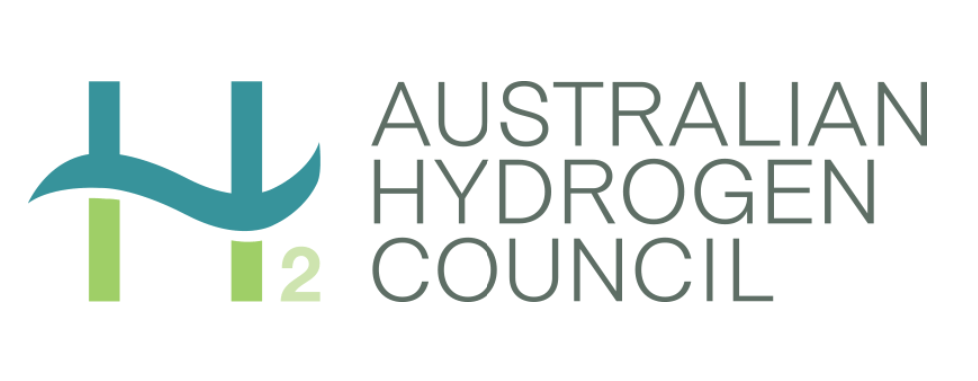We prepare long, medium, and short-term plans for LNG terminals. Our master plans and detailed project reports encompass all aspects of the development and your phasing – including considerations of liquefaction and regasification options and the impact these options will have on the siting and arrangement of new terminals.
We prepare front-end engineering designs (FEED) that are robust and flexible enough to ensure that the project's next stage proceeds smoothly. Our experience covers many LNG solutions, ranging from land-based terminals to FSU and FSRU options (downstream) and floating liquefaction options (upstream).
From site selection to rigorous feasibility studies and project management, we provide an extensive portfolio of services to guide you through the early planning stages of LNG facilities, including an overall project management service, from initial feasibility through to construction and commissioning.






















